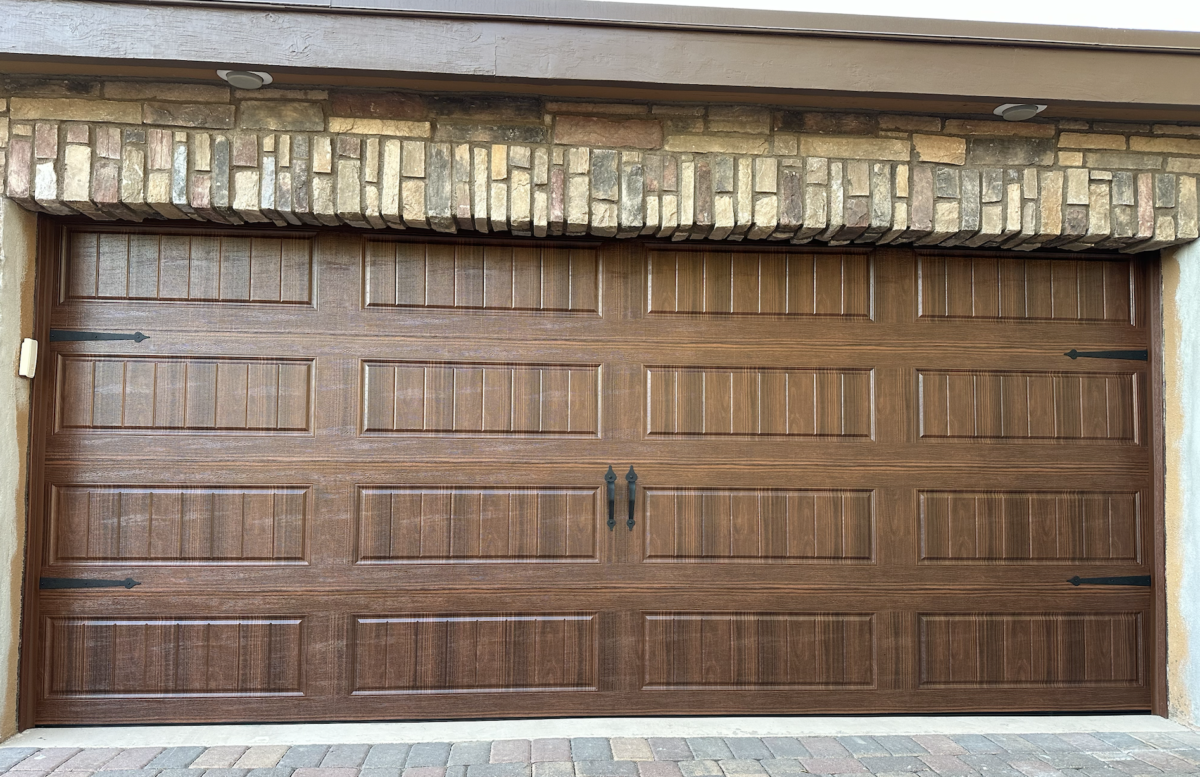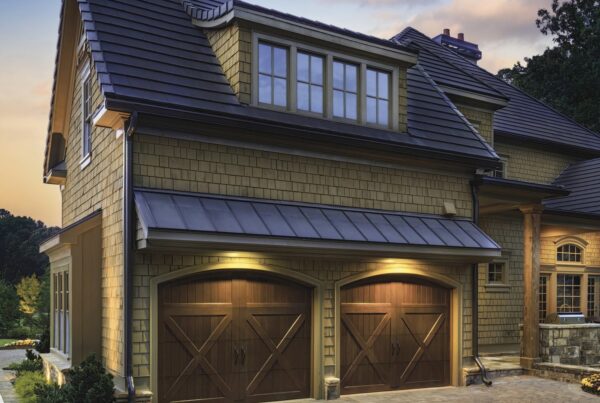
Garage doors are a modern convenience that we often take for granted—until they start to make noise. A loud garage door can be more than just a nuisance; it can disrupt the peace of your home and even disturb your neighbors. Fortunately, there are several ways to reduce the noise and make your garage door operate more silently. In this article, we’ll explore practical tips and solutions for achieving garage door noise reduction.
Understanding the Noise
Before diving into the solutions, it’s crucial to understand what causes the noise. Garage doors can make a racket due to poor lubrication, loose hardware, worn rollers, unbalanced doors, or even the type of garage door opener you have. Identifying the source of the noise is the first step toward a quieter garage door.
Regular Maintenance Is Key
Regular maintenance is essential for keeping your garage door quiet and functioning correctly. Here are some maintenance tips to help reduce noise:
Lubricate Moving Parts
A lack of lubrication can cause grinding and squeaking noises. Apply a silicone-based lubricant to the rollers, hinges, tracks, and springs at least twice a year. This will allow these parts to move smoothly and quietly.
Tighten Loose Parts
Over time, the nuts and bolts on your garage door can become loose, leading to rattling noises. Use a socket wrench to tighten all the hardware on your garage door, including the tracks and roller brackets.
Inspect and Replace Worn Rollers
Worn or damaged rollers can cause a lot of noise. Check them regularly and replace any that are not rolling smoothly. Nylon rollers are quieter than steel ones and can be a good option for noise reduction.
Check the Door Balance
An unbalanced door can strain the opener and create noise. Disconnect the opener by pulling the release handle and manually lift the door halfway. If it doesn’t stay in place, the springs might need adjustment by a professional.
Upgrading Components for Silence
If maintenance alone doesn’t quiet your door, consider upgrading certain components for a more significant noise reduction.
Invest in a Garage Door Noise Reduction Kit
A garage door noise reduction kit typically includes various insulation materials that you can apply to reduce vibration and noise. These kits are an affordable and effective way to make your garage door quieter.
Replace the Garage Door Opener
Older garage door openers can be loud. If your opener is the culprit, look for a newer model with a belt drive system, which is significantly quieter than a chain drive system.
Upgrade to Insulated Doors
Insulated garage doors are not only energy-efficient, but they also tend to operate more quietly than non-insulated ones. The insulation helps dampen the vibrations and noise as the door moves.
Do-It-Yourself Noise Reduction Fixes
For the hands-on homeowner, there are several DIY fixes you can implement to reduce garage door noise.
Install Anti-Vibration Pads
Place anti-vibration pads between the garage door opener and the mounting brackets on the ceiling. These pads help absorb vibrations, reducing the noise that’s transmitted into the garage and the house.
Use Rubber Padding
Applying rubber padding around the edges of your garage door can help muffle the sound of the door as it opens and closes. You can find rubber strips at most hardware stores.
Ensure Proper Track Alignment
Misaligned tracks can cause a garage door to make scraping noises. Check the alignment and adjust the tracks if necessary. Be sure to follow the manufacturer’s instructions or consult a professional if you’re unsure how to proceed.
Seeking Professional Help
If you’ve tried all the DIY fixes and still have a noisy garage door, it might be time to seek professional help.
Call a Garage Door Specialist
A professional can diagnose and fix complex issues that might be causing the noise, such as a faulty torsion spring or a problem with the garage door opener itself.
Consider Professional Insulation Services
Professional insulation services can ensure that your garage door is properly insulated, which can help with noise reduction as well as temperature control.
Preventing Future Noise Issues
Once you’ve silenced your garage door, you’ll want to keep it that way. Here are some tips to prevent future noise issues:
Stick to a Maintenance Schedule
As mentioned earlier, regular maintenance is critical. Stick to a schedule to ensure your garage door stays quiet and in good working order.
Choose Quality Replacement Parts
When parts need to be replaced, opt for high-quality components. Cheaper parts might save you money in the short term, but they can lead to more noise and problems down the line.
Monitor for New Noises
Pay attention to any new sounds that your garage door starts to make. Catching and addressing a problem early can prevent more extensive issues and noise.
Tips for a Quieter Garage Door
Living with a noisy garage door can be frustrating, but as we’ve seen, there are many steps you can take to reduce the racket. From regular maintenance and upgrading components to seeking professional help, these noise reduction tips will help you achieve a silent door and restore tranquility to your home.
Remember, a quiet garage door is not only pleasant for you and your neighbors, but it also signifies a well-maintained and properly functioning system. Don’t let a noisy garage door disrupt your daily life—implement these solutions and enjoy the sound of silence.
Contact State 48 Garage Doors Today
If you’re dealing with a noisy garage door and need professional assistance, don’t hesitate to reach out to State 48 Garage Doors. Our team of specialists has the expertise to diagnose and fix any issues, ensuring your garage door operates smoothly and quietly. Whether it’s maintenance, repairs, or upgrades, we offer comprehensive services tailored to your needs. Contact us today to schedule an appointment and experience the difference a quiet, well-functioning garage door can make in your daily life.






